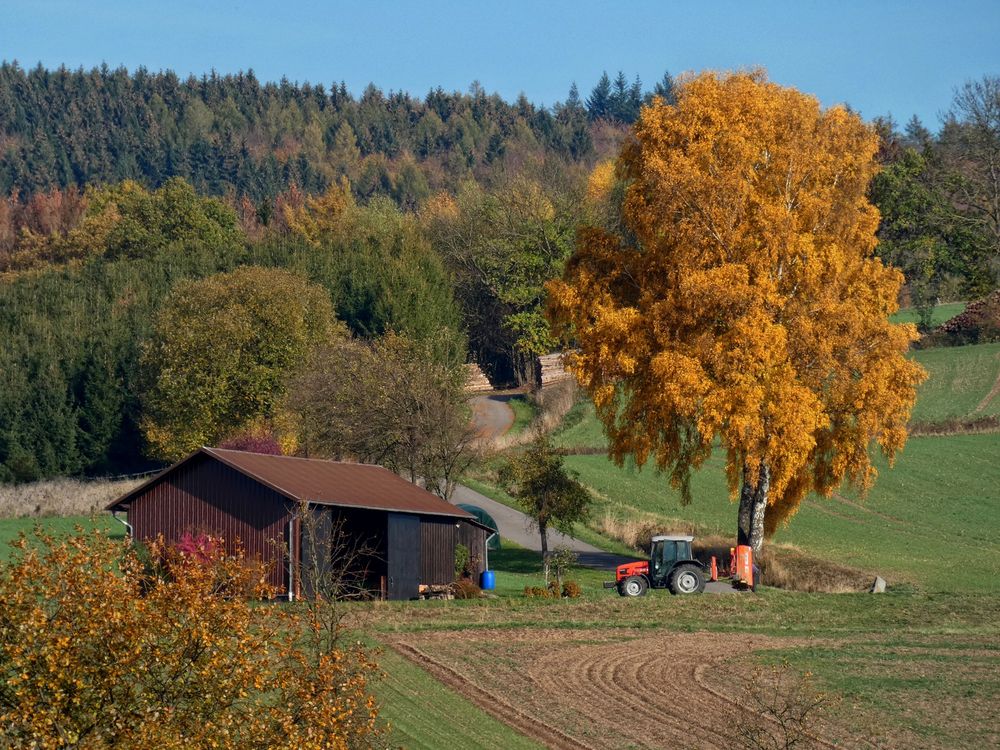The Convergence of Tech and Heritage in Land Assessment
Within the current rapidly changing world, the intersection of technology and tradition is increasingly apparent in multiple areas, including land surveys. As one delve into the realm of property development, it's essential to appreciate the foundational role that land surveys play. From determining boundaries to streamlining real estate transactions, comprehending the intricacies of land surveys is essential for everyone involved in property dealings.
This guide will explore the myriad aspects of land surveys, including their importance in safeguarding property investments to the technological advancements that are revolutionizing the industry. Regardless of whether you are a seasoned developer, a first-time homebuyer, or simply curious about the land beneath your feet, this comprehensive overview will equip you with the knowledge needed to navigate the complexities of land surveying successfully.
Importance of Property Surveys in Real Estate Projects

Property surveys play a crucial role in real estate development by delivering detailed data about a tract of land. They establish property lines, map out landscape characteristics, and determine potential easements and encroachments. https://graph.org/Comprehending-the-Importance-of-Precise-Property-Assessments-in-Construction-Endeavors-10-27 is vital for property developers as it influences design decisions, zoning compliance, and environmental assessments. Without a clear understanding of the land's features, developers may face costly mistakes that can hinder developments or lead to litigation.
Furthermore, land surveys are essential for obtaining permits and authorizations from local government agencies. Local authorities often require detailed surveys to ensure that development adheres with zoning regulations, environmental laws, and construction codes. By including land surveys early in the planning process, real estate developers can streamline approval procedures and reduce the chance of complications that could arise during construction. This proactive approach can eventually save time and resources in the development cycle.
Additionally, the information provided by land surveys supports in developing accurate project budgets. Having knowledge of the precise dimensions and characteristics of the land allows for improved estimation of building expenses, material requirements, and potential infrastructure needs. This degree of planning not only aids in financial planning but also enhances the overall feasibility of the development, ensuring that financial investments are secure and optimized.
Choosing a Suitable Land Surveyor for Your Needs
Choosing a competent land surveyor is vital to ensuring accurate & trustworthy survey results. Begin by investigating surveyors in your locality, checking their credentials, and confirming their licenses. It's wise to seek out experts affiliated with well-known organizations, as affiliation can suggest a dedication to professional norms. Additionally, reviewing learn this here now and customer experiences can provide perspective into their standing and trustworthiness.
Once you have a shortlist, it's necessary to speak with potential surveyors to evaluate their background and expertise. Inquire about their specific expertise with the type of survey you need, whether it’s for residential property, commercial development, or land disagreements. A capable surveyor will be willing to explain their process, timelines, and any likely challenges you may face during the survey. This discussion can help you figure out if they are the right fit for your needs.
Finally, take into account the cost of services but keep in mind that the lowest option may not provide the highest value. Ask for detailed here are the findings from multiple surveyors and understand what is encompassed in each quote. Quality land surveying is an asset that can protect your property and save you from expensive disputes in the future, so emphasize quality and trustworthiness over lower costs.
The impact of technology on Transformation of Modern Survey Methods
The amalgamation of tech in surveying land has reshaped the sector, allowing survey professionals to reach increased accuracy and efficiency. State-of-the-art equipment such as global positioning system, unmanned aerial vehicles, and 3D laser scanning have transformed conventional techniques, facilitating accurate measurements that were previously challenging to secure. Unmanned aerial vehicles, in specific, enable to survey vast regions rapidly, collecting high-resolution visuals and data that help in creating thorough land maps. These technological innovations not just simplify the surveying method but further reduce the time required for finishing projects.
In besides boosting speed and exactness, technology have augmented the way data from surveys is processed and displayed. Geographic Information Systems currently play a crucial function in keeping and processing survey information, permitting land surveyors to visualize data in a more dynamic and easy-to-understand way. Clients can better understand the implications of survey results through intuitive platforms and electronic charts, which help in making decisions related to land development and project planning. Such improved visualization makes it easier for all stakeholders to comprehend complex data and detect early problems early in the process.
In the future, the future of land surveying is expected to see further incorporation of innovative technologies such as AI and machine learning. Such technologies can help surveyors in predicting potential land use conflicts and improving the approaches to surveying based on past data trends. As advancements in technology continues to develop, it will not only improve the quality and productivity of land surveying but also expand the potential for accurately assessing the impacts on the environment and ensuring sustainable development. Thus, adopting technological progress is essential for the ongoing significance and success of land surveying in the current ever-changing landscape.